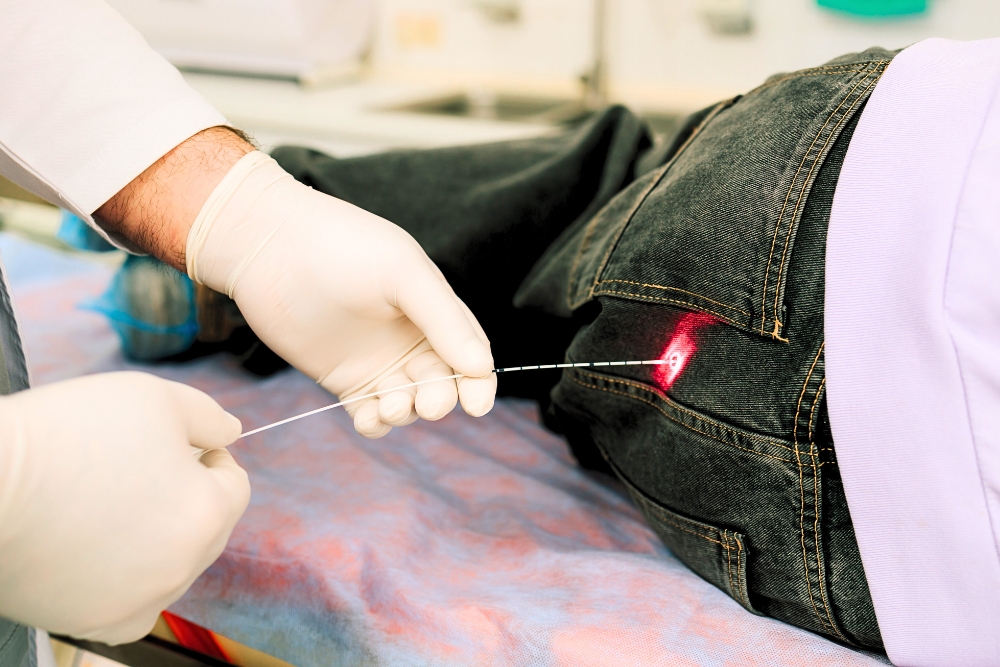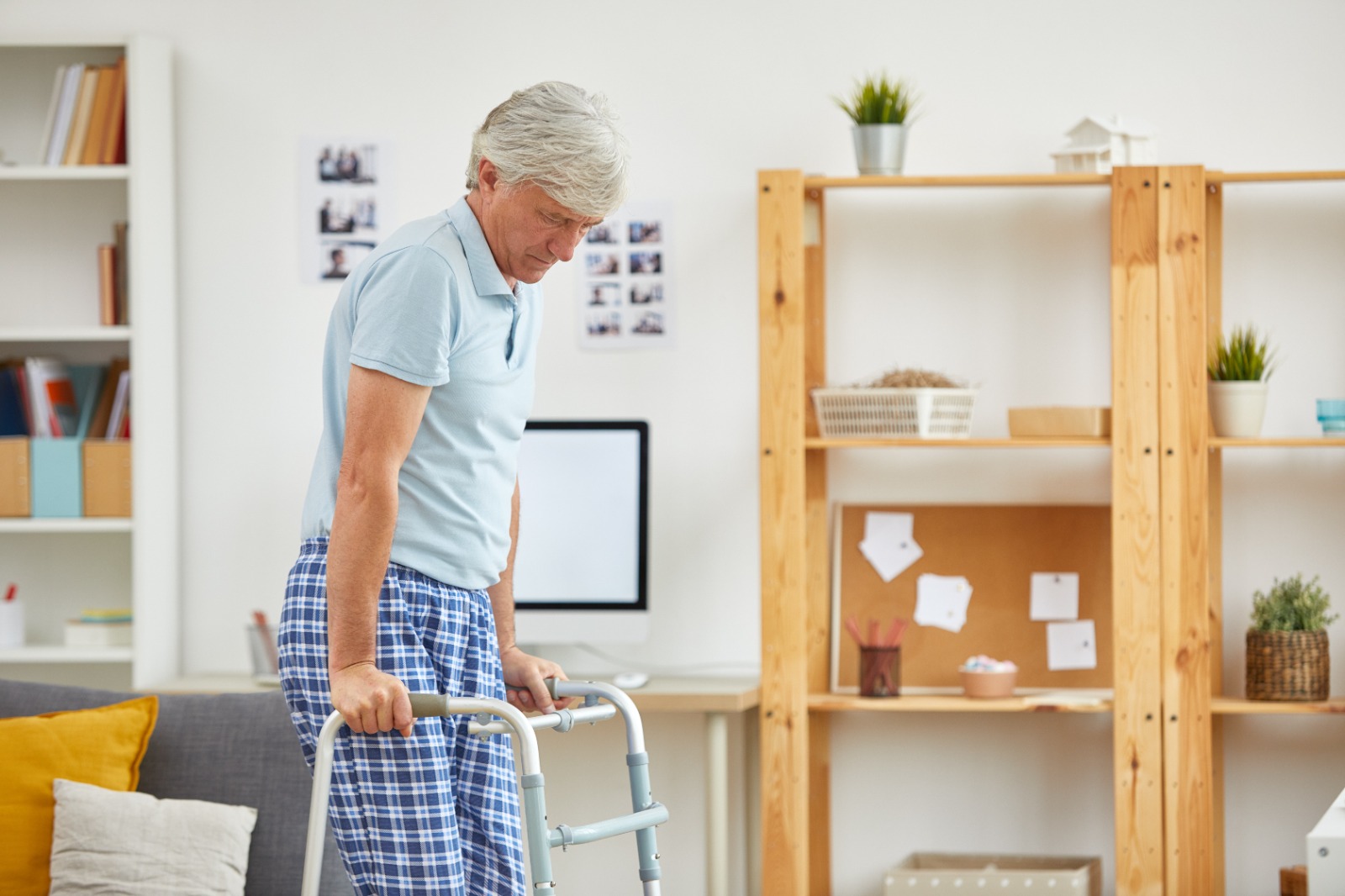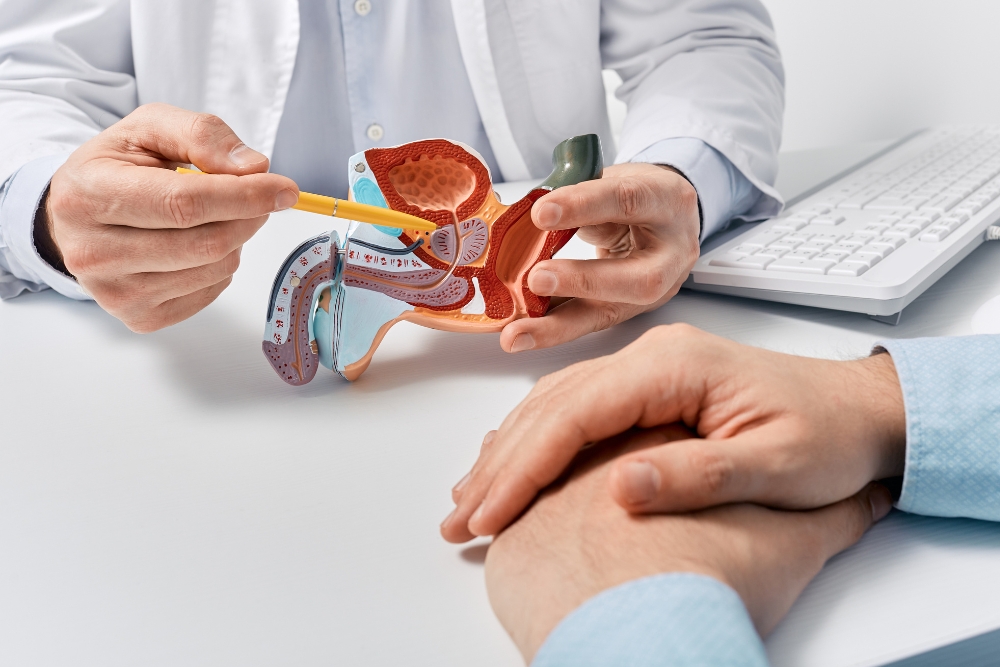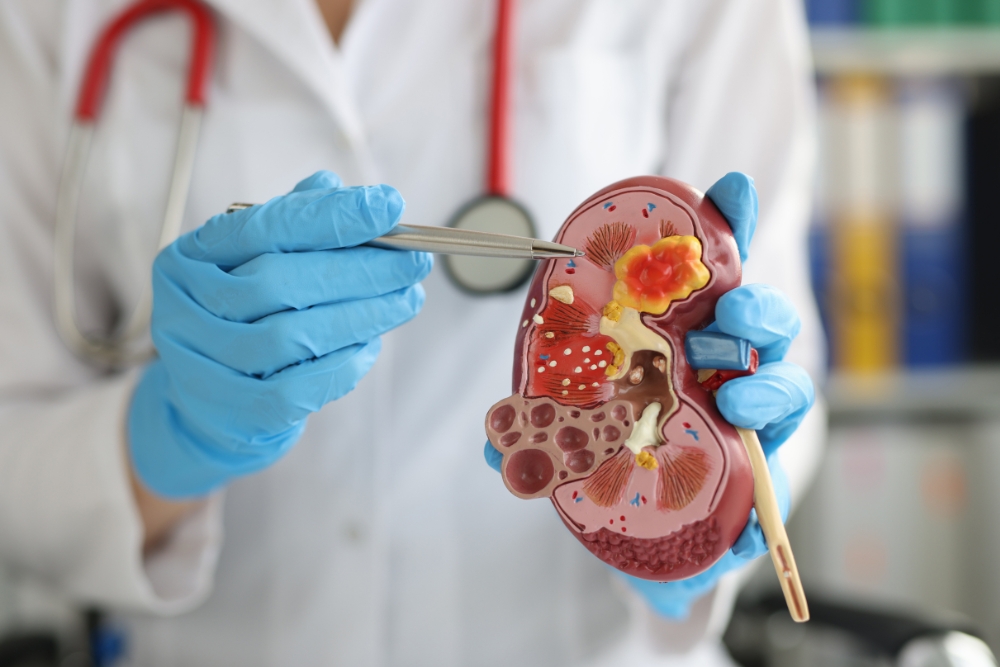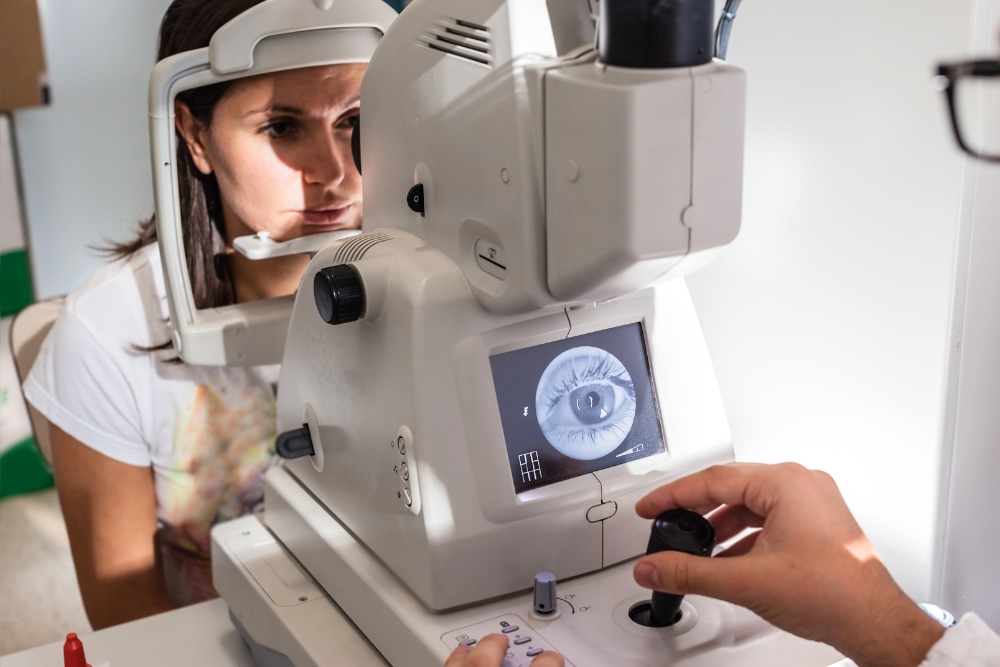-
Let Lifestyle Thy Medicine
-


80 % of health issues globally are NCDs (non-communicable diseases) and are strongly linked to lifestyle, which includes modifiable factors such as diet, exercise, stress, health habits.
These lifestyle related diseases are chronic in nature which increases the risk of complications, susceptibility whereas reduces the quality of life.
With lifestyle modification we can experience a good health and also we can prevent, manage, treat & reverse the chronic disease.
The concept of “food as medicine” might sound like a modern wellness trend, but its roots stretch back thousands of years. Hippocrates, the Father of Medicine, famously said, “Let food be thy medicine and medicine be thy food.” In the 21st century, as chronic diseases reach epidemic proportions, the wisdom of integrating lifestyle as a core component of health care is resonating louder than ever.
So, what exactly is lifestyle medicine? At its core, it’s a branch of medicine that focuses on research, prevention, treatment, and, most importantly, reversal of diseases by incorporating healthy lifestyle behaviors. The **Five Pillars of Lifestyle Medicine** include nutrition, physical activity, stress management, sleep quality, and social relationships. Together, they form the foundation of a healthy life. We also provide the relevant information about our other Cardiology & Cardiac Surgery.
Nutrition plays a pivotal role in preventing and reversing disease. Think of your body as a high-performance car that requires premium fuel—whole, minimally processed foods are its best fuel. Emphasizing plant-based diets rich in fruits, vegetables, nuts, seeds, and whole grains can significantly reduce the risk of developing chronic conditions like heart disease and diabetes.
Moving your body isn’t just about losing weight. Regular physical activity can improve your mood, reduce the risk of diseases, enhance your energy levels, and promote better sleep. It’s not about marathons or intense gym sessions; even daily walks or short bouts of activity can provide health benefits.
Stress can be a silent killer. Chronic stress wreaks havoc on our bodies, contributing to a wide range of health issues. Incorporating stress-reduction techniques, such as deep breathing, yoga, or even hobbies that relax you, can help mitigate these effects.
Sleep isn’t a luxury—it’s a necessity. Poor sleep is linked to a myriad of health problems. Establishing a regular sleep schedule, creating a comfortable sleep environment, and avoiding screens before bed are key steps to improving sleep quality.
Humans are social creatures, and our connections with others can have profound effects on our health. Fostering healthy relationships and engaging in community can boost our mental and physical health.
Environmental toxins—from air pollution to chemicals in our food and water—can contribute to chronic diseases. Awareness and simple actions to lessen our exposure to these toxins are important for maintaining health.
Spending time in nature has numerous health benefits, including reducing stress, improving mood, and enhancing physical well-being. Whether it’s a walk in the park or time spent gardening, reconnecting with the Earth can heal.
Mindfulness and meditation can improve mental health and cognitive function. Even a few minutes a day can reduce stress, improve focus, and contribute to a sense of well-being.
Adopting a lifestyle medicine approach might seem daunting, but it’s about making incremental changes. Start small—switch one processed food for a whole food, add a ten-minute walk to your day, or try a five-minute meditation before bed.
Common barriers include time, motivation, and information overload. However, focusing on small, achievable changes can lead to lasting health improvements. Seek out reliable information and consider consulting a lifestyle medicine professional.
As technology advances, so does lifestyle medicine. From apps that track our nutrition and activity to virtual reality meditation sessions, technology offers new ways to integrate healthy behaviors into our lives. We are also suggest other best reliabale and engaging from Medanta which is provide the best medical trusted services ever.
Conclusion: Empowering Ourselves Through Lifestyle Choices
Lifestyle choices are powerful. By embracing the principles of lifestyle medicine, we can play an active role in determining our health and well-being. Small, daily decisions can lead to profound health benefits, transforming our lives from the inside out.
